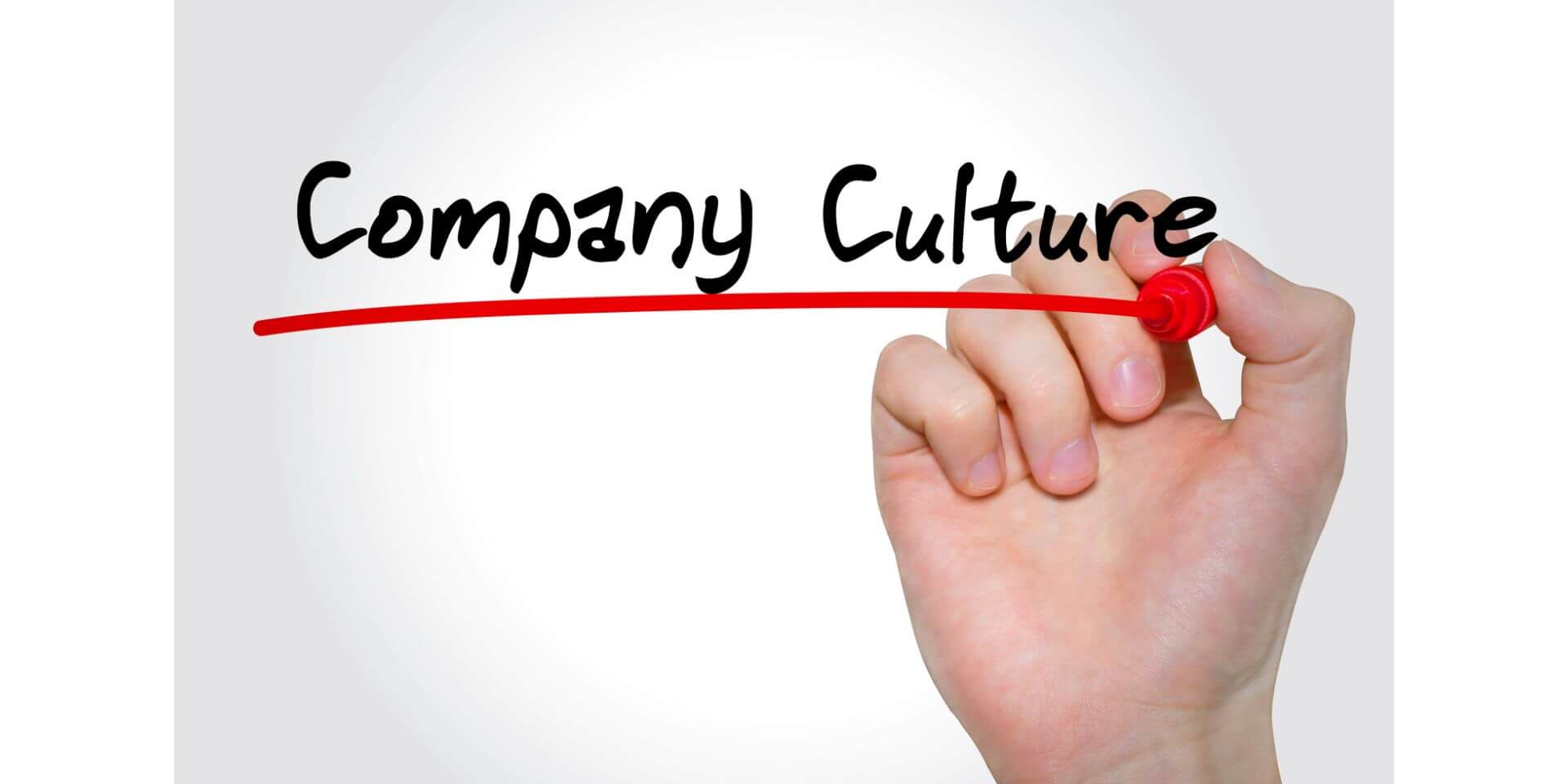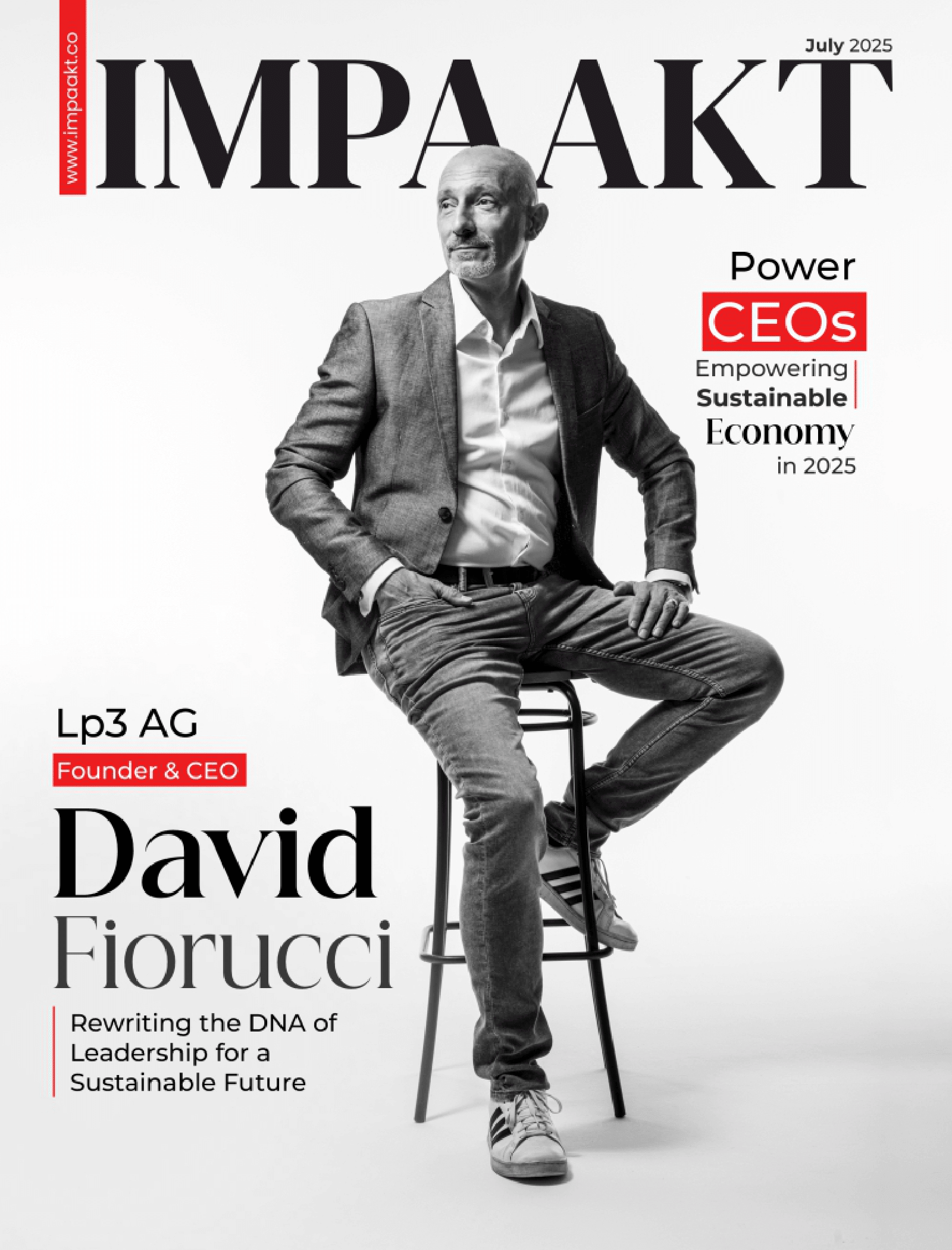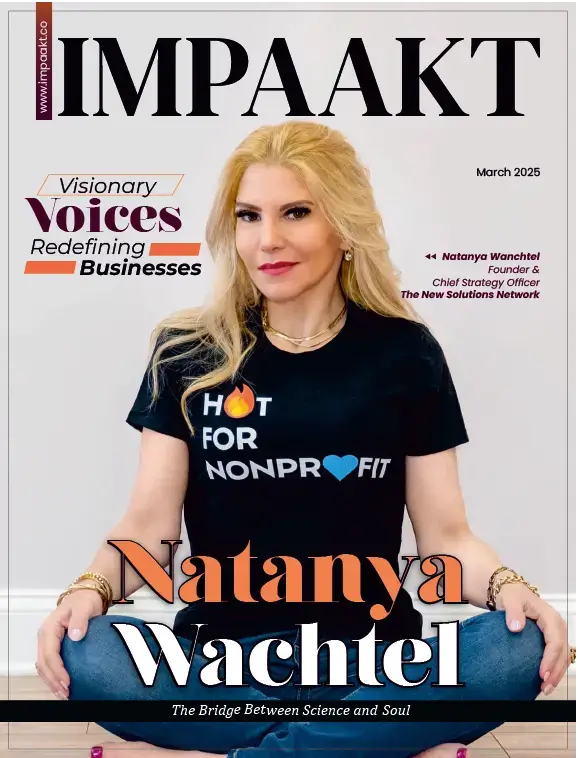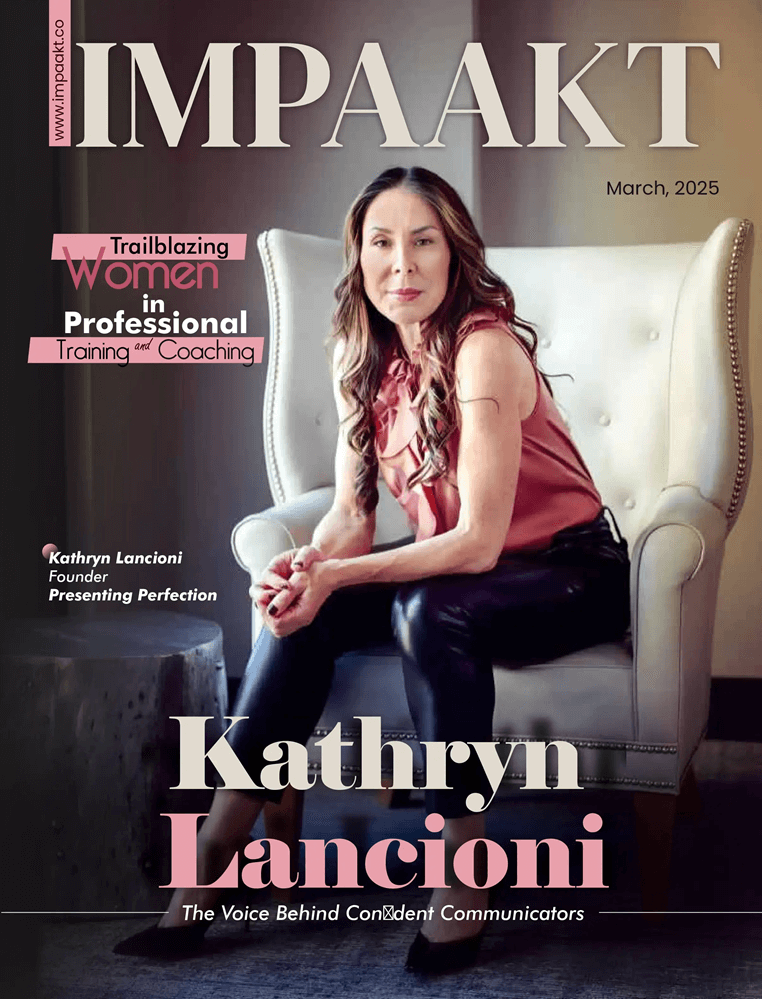The idea of establishing an organization is deeply rooted in the concept of people-centric leadership. When a company creates an organization to address ongoing business challenges, it goes beyond a simple demand-supply chain. Instead, it significantly impacts workflow management, Company Culture,human resource practices, and employee well-being.
Combining these aspects and devising an organizational strategy may seem chaotic at first. To overcome these challenges and create a seamless process, a one-stop solution is needed.
To achieve this, the best approach is to revamp the organizational culture.
Now, the question arises – “What is an organization, how can its culture be revamped, and what are the benefits?”
If you find the above concept intriguing, this article is tailored perfectly for you! Let’s explore further.
Exploring the Inner Workings of an Organization!
When entering the business market, the demand-supply mechanism becomes the primary driver that shapes and improves a business. Whether it’s procuring goods, manufacturing, providing services, or managing company workflows, the most crucial element is the workforce—the community within the organization and its employees. Therefore, an organization’s growth is contingent upon people-centric leadership and the implementation of social policies.
On a global scale, various companies have engaged in a concerning debate that suggests toxic work culture not only affects employees’ mental health but also impacts employers.
In such a situation, it becomes essential to comprehend the philosophical foundations and origins of culture.
Culture (meaning): The ways of life, encompassing arts, beliefs, and institutions of a population, passed down from generation to generation. Culture is often described as “the way of life for an entire society,” encompassing codes of manners, dress, language, religion, rituals, and art.
Though this conventional definition of culture is widely understood, one may question, “Who defines this way of life?” Is it shaped by traditional practices, present needs, established principles, or the ever-changing practices influenced by the social context?
Answering this perplexity is the objective of the following section of this article – Understanding company Culture !
Cultivating a Culture within a Business Organization
When establishing a company and building a community, it is crucial to consider various factors, such as individual preferences, social sensitivity, and positive intentions, to foster a sense of unity within the organization’s community. Instead of viewing it as a mere transaction of socio-political capitalistic considerations, the goal should be to create a family-like atmosphere.
To achieve this, organizations should focus on finding productive solutions rather than getting entangled in stringent red tape. Employees who work for agreed-upon shifts become part of an extended social ecosystem, and if there is an imbalance between their professional duties and social life, it can significantly impact their overall well-being.
Let’s illustrate this with a situational example: Imagine a company that enforces strict rules and regulations but penalizes employees harshly for any deviation. This approach can have detrimental effects on the employees’ morale and the overall organizational culture. While red tape and regulations may have been adopted to establish a system initially, if they begin to hinder progress rather than support it, it’s best to prioritize guidelines that facilitate the system’s smooth functioning without becoming overly restrictive.
Recognizing that culture serves as a guiding light for aligning workflows rather than a tool for centralizing power is the key to moving forward. With this understanding, we can now delve into the next segment, which discusses strategies to prioritize and enhance employees’ mental health within any organization.
A Comprehensive Approach
When aiming to foster a positive culture within an organization, employees and their well-being should be at the forefront of consideration.
Below are four essential guidelines for cultivating a healthy organizational culture:
- Embracing Equal Opportunities:
As an employer, expecting dedication from employees is reasonable, but hindering their natural growth can have severe consequences. Acknowledging and celebrating the progressive growth of each employee is crucial. While growth may vary from person to person, it is the effort and dedication that should be evaluated more than just the final outcomes. - Nurturing Talent Management:
Within the organization’s social context, it is vital to utilize and promote various skill sets and potentials, encouraging a sense of celebration. Engaging in traditional celebrations, sports activities, and cultural events helps create a sense of connection among employees, enhancing employee engagement and strengthening the bond between individuals, the organization, and its community. - Prioritizing Health Facilitation:
Implementing a robust health policy that encompasses mental health consultation and communication is paramount. Demonstrating concern for employees’ well-being helps address the challenges they face and ultimately boosts the organization’s productivity. - Establishing Stress Management Programs:
Given the demanding workload and tight deadlines, employees often experience stress-related issues. Having proper support systems in place to enhance employee efficiency and assist individuals during stressful situations can effectively alleviate mental health concerns.
By adopting a people-centric approach to organizational culture and embracing holistic growth, the organization can thrive rather than becoming a source of stress for its employees.











